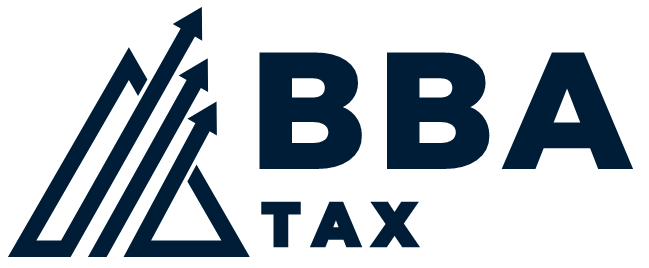Effective bookkeeping is the backbone of any successful small business. It not only ensures compliance with tax regulations but also provides insights into your business’s financial health. For small business owners in Ottawa and across Canada, understanding and implementing sound bookkeeping practices can make tax season straightforward and free from surprises.
Table of Contents
- Why Bookkeeping Matters
- Separate Business and Personal Finances
- Choose the Right Accounting Method
- Use Reliable Accounting Software
- Maintain Accurate Records
- Regularly Reconcile Bank Statements
- Track Accounts Receivable and Payable
- Understand Tax Obligations
- Set Aside Funds for Taxes
- Implement a Chart of Accounts
- Schedule Regular Bookkeeping Sessions
- Understand Deductible Expenses
- Prepare for Tax Season Throughout the Year
- Consider Professional Assistance
Why Bookkeeping Matters
Bookkeeping involves recording all financial transactions of your business. Accurate records help in:
- Tracking income and expenses
- Preparing financial statements
- Filing taxes accurately
- Making informed business decisions
Poor bookkeeping can lead to cash flow issues, missed tax deductions, and potential audits.
1. Separate Business and Personal Finances
Open a dedicated business bank account and credit card. This separation simplifies tracking business expenses and income, making tax filing more straightforward.
2. Choose the Right Accounting Method

In Canada, small businesses can choose between:
- Cash Basis Accounting: Record income and expenses when they are received or paid.
- Accrual Basis Accounting: Record income and expenses when they are earned or incurred, regardless of when the money is received or paid.
Consult with an accountant to determine the best method for your business.
3. Use Reliable Accounting Software
Invest in accounting software to automate and streamline bookkeeping tasks. Popular options include:
- QuickBooks Online: Offers invoicing, expense tracking, and financial reporting.
- FreshBooks: Ideal for service-based businesses with time-tracking features.
- Xero: Known for its user-friendly interface and integration capabilities.
These tools help in generating reports, tracking expenses, and preparing for tax season.
4. Maintain Accurate Records
Keep detailed records of all financial transactions, including:
- Sales invoices
- Purchase receipts
- Bank statements
- Payroll records
The Canada Revenue Agency (CRA) requires businesses to retain records for at least six years.
5. Regularly Reconcile Bank Statements
Monthly reconciliation ensures that your records match your bank statements. This practice helps in identifying discrepancies, unauthorized transactions, or bank errors promptly.
6. Track Accounts Receivable and Payable
Monitor outstanding invoices and bills to maintain healthy cash flow. Implement a system to follow up on late payments and schedule timely bill payments to avoid penalties.
7. Understand Tax Obligations

Stay informed about your tax responsibilities, including:
- GST/HST: Register and file returns if your revenue exceeds $30,000 annually.
- Payroll Taxes: Deduct and remit income tax, CPP, and EI for employees.
- Corporate Income Tax: File annually if incorporated.
Consult with a tax accountant to ensure compliance and take advantage of available deductions.
8. Set Aside Funds for Taxes
Avoid cash flow issues by setting aside a portion of your income for tax payments. This proactive approach ensures you have the necessary funds when tax payments are due.
9. Implement a Chart of Accounts
A chart of accounts categorizes all financial transactions, providing a clear overview of your business’s financial activities. Customize it to suit your business needs, ensuring accurate reporting and analysis.
10. Schedule Regular Bookkeeping Sessions
Dedicate time weekly or monthly to update records, review financial statements, and plan for upcoming expenses. Regular maintenance prevents backlog and reduces stress during tax season.
11. Understand Deductible Expenses
Identify and track business expenses that are tax-deductible, such as:
- Office supplies
- Travel expenses
- Marketing costs
- Professional fees
Proper documentation ensures you can substantiate these deductions if audited.
12. Prepare for Tax Season Throughout the Year

Avoid last-minute stress by:
- Keeping records organized
- Reconciling accounts regularly
- Consulting with your accountant periodically
This proactive approach ensures a smooth tax filing process.
13. Consider Professional Assistance
While managing bookkeeping in-house is feasible, partnering with an accounting firm like BBA Tax offers benefits:
- Expertise in Canadian tax laws
- Customized financial advice
- Assistance with CRA audits
- Time savings, allowing you to focus on business growth
Conclusion
Effective bookkeeping is crucial for the success and compliance of your small business. By implementing these tips, you can maintain accurate records, ensure tax compliance, and make informed financial decisions. For personalized assistance, BBA Tax in Ottawa offers comprehensive bookkeeping and accounting services tailored to your business needs. Contact us today!



